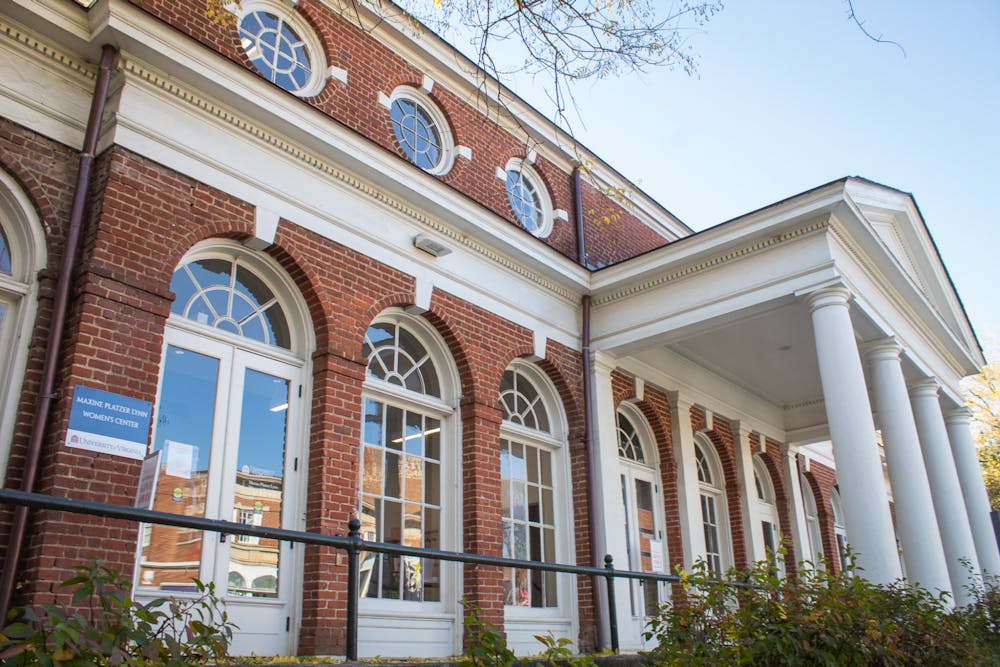In 2015, the United States Department of Education’s Office for Civil Rights released an investigation, in which they found that the University failed to adequately prevent a sexually hostile environment or respond promptly to cases of sexual violence. This prompted the University to begin community-wide education regarding sexual violence with a mandatory education module. Since then, before students matriculate, they are required to complete a module designed to prevent sexual harassment and violence on Grounds. The requirement of the module laudably demonstrates the University’s desire to take serious steps towards preventing violence within our community.
However, despite the existence of this mandatory module, recent University reports indicate that the presence of sexual harassment and violence on Grounds continues to be a problem. Though the module was updated in 2018, rape cases continue to occur at levels similar to years prior to the institution of the module. And these numbers do not account for increasing cases of stalking and dating violence, which are often underreported anyway. Of course, the education module was not supposed to solve sexual harassment on its own, but this increase in cases indicates that the University needs to take further action to prevent a hostile sexual environment. This prevention can start by revising the Sexual Assault Prevention Training module to improve its interactivity and relevance for University students.
The current module for undergraduate students is a 75-minute program consisting of 10 parts and aims to educate students on forming healthy relationships, recognizing sexual harassment and preventing sexual violence. It also informs them on how to report discrimination and violence that they might see while in various University settings. In this way, this module works to promote a safe and welcoming community at the University. Its curriculum is doubly important because it is one of the first interactions that admitted students have with the University — students are required to complete this module before signing up for their first slate of courses.
The biggest concern for this module, and the most easily fixable, is the lack of interactivity. Studies have shown that the most effective online modules are ones which are engaging, relevant and applicable to real life — characteristics which are notably missing from the University’s current module. Currently, the module’s engagement is measured entirely based on the audience’s completion of videos and a singular test. Because the only assessment occurs at the end, students can leave the videos running without actually paying attention. Moreover, the sole assessment at the end requires an 80 percent to pass. While this is a high standard that requires some level of listening — or at least some level of common sense about sexual violence and discrimination — a more productive and interactive structure would check in on people’s learning throughout. This, in turn, would help to actually promote active listening throughout.
The University has implicitly recognized the importance of such interactive modules in other spheres. For example, the Education Abroad Workshop, offered after admission to a study abroad program on a secure portal, incorporates questions throughout each section in addition to having a longer test at the end. In this way, the Education Abroad module not only tests learning intermittently but also requires a final synthesis of all provided information. If the Sexual Assault Prevention Training module does not find a way to similarly increase its interactivity, it risks encouraging students to skip through the significant information shared in the module.
In addition to its failures in interactivity, the module lacks details specific to the University and discusses key concepts in universal terms. To remedy this problem, the module could include University-specific statistics and more University-specific resources to ensure that students are aware of how prevalent these issues actually are within the University community itself. A move towards University-specific detail will increase understanding of precisely what resources are at students’ disposal, not only increasing the modules relevance to University students but also maximizing the impact that the module has on new students.
The University is responsible for taking steps to create an environment free from discrimination and violence by continually striving toward building a safe, healthy place for all students to learn and thrive. Revisions to the Sexual Assault Prevention Training module can serve as one initiative, among a myriad of other changes, in our efforts to make the University safer. Though any education module is not the perfect solution — there is no silver bullet to fix all of the sexual violence which exists on college campuses — it is a place in which the University is capable of making a difference for the greater good of its community members.
Aoife Arras is a viewpoint writer who writes about identity and culture for The Cavalier Daily. She can be reached at opinion@cavalierdaily.com.
The opinions expressed in this column are not necessarily those of The Cavalier Daily. Columns represent the views of the authors alone.







